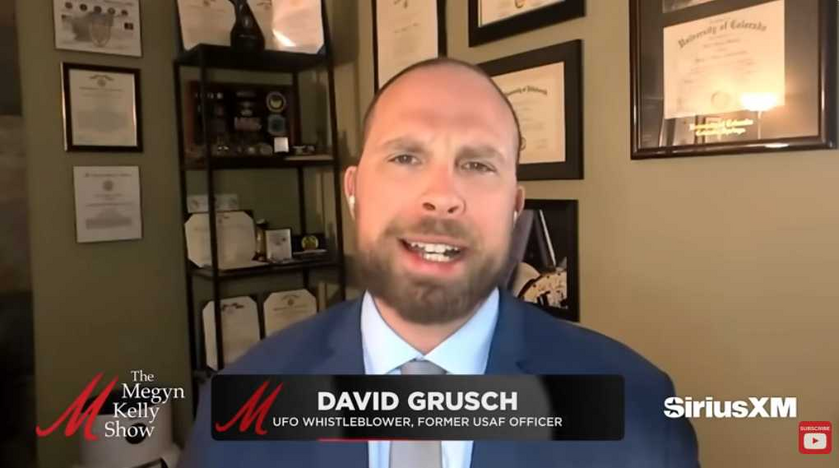Trump advisers start mapping out a plan for a national crypto reserve 🚀
President Donald Trump’s administration has officially started executing plans for its federal crypto strategic reserve, and step one is figuring out exactly how much crypto the US government already owns, according to a report from the Journal.
A month into a six-month planning phase, Trump’s interagency working group is reportedly doing a full audit of existing crypto holdings, which include assets seized from criminals.
Trump first floated the idea of a government-backed crypto stockpile last summer during his campaign, and in January, he signed an executive order to begin laying the foundation.
Bo Hines, executive director of the working group, confirmed the process was underway, saying, “The first thing we have to do is get an accounting of what the government has. We’ll provide more insight as that continues.”
Trump is expected to give a speech about the initiative on Friday at a White House industry summit, where more details will probably come.
White House team counts up government-owned crypto
The Justice Department and US Marshals Service oversee billions of dollars in confiscated Bitcoin and other crypto assets, mostly taken from criminals.
According to the Justice Department’s inspector general, Michael E. Horowitz, $18 billion worth of Bitcoin is sitting in government-controlled wallets, though accounting issues have made it unclear how much is actually secured.
As part of the new plan, officials are now tallying up these holdings to determine whether they will become part of the official crypto reserve. What’s still unclear is whether the administration will also buy new crypto for the reserve.
If they do, Congress might need to approve large acquisitions. There’s also the question of who exactly will oversee the stockpile—whether the Treasury, the Federal Reserve, or a newly created agency. Right now, no federal entity is set up to manage a crypto reserve of this scale.
Trump’s push for a government crypto reserve has divided analysts and investors alike. Supporters say it could legitimize digital assets and integrate them into the country’s financial system. Crypto advocates have poured millions into Trump’s campaign and inauguration in efforts to make the reserve a reality.
But critics argue that crypto isn’t comparable to gold or oil, which are two assets commonly stockpiled by governments. Gene Hoffman, CEO of blockchain firm Chia Network, doesn’t think the US should be making these calls yet.
“The United States government shouldn’t be making this call yet,” he said. Others warn that the extreme volatility of crypto could turn a government reserve into a financial disaster if prices crash.
Timothy Massad, former chairman of the Commodity Futures Trading Commission, believes Trump’s plan could be more about paying back campaign supporters than actual financial strategy. “It concerns me that it is a payback for their support of Trump and the Republican Party,” Massad said.
Meanwhile, Bitcoin momentarily surged 10% after Trump’s announcement, proving just how much influence he has over the market. Financial advisers in the UK and US are reporting a spike in clients asking about crypto investments.
Why people are concerned about Trump’s crypto plans
One of the biggest issues with a government-controlled crypto reserve is security. Crypto is a prime target for hackers, and federal agencies haven’t always been great at keeping track of what they already have.
The US Marshals Service has struggled to manage seized crypto, and with $18 billion in Bitcoin alone, the potential for mismanagement is quite high.
Nathan McCauley, CEO of Anchorage Digital warned that security needs to be a top priority. He recommended keeping assets stored in cold wallets with private keys only accessible under strict controls.
“There will need to be some careful consideration about how the Bitcoin and other cryptocurrencies are held and how they are held securely,” McCauley said.
Cryptos are difficult to safeguard because they are targeted by sophisticated hackers, putting a premium on cybersecurity measures for crypto exchanges and custodians that hold assets. Bybit, one of the world’s biggest exchanges, recently saw the hacker group Lazarus stole over $1.4 billion in Ethereum from its cold wallets.
“Criminals have stolen tokens worth $1.5 billion from the crypto exchange Bybit, prompting a rush of customers demanding their funds back,” Jochen Stanzl, chief market analyst at CMC Markets, said.
He compared it to the final chaotic hours of FTX, where mass withdrawals led to a complete collapse. “Although Bybit claims to be stable, the developments evoke memories of the chaotic final hours of the now-defunct FTX exchange.”
https://www.cryptopolitan.com/trump-advisers-start-mapping-out-a-plan-for-a-national-crypto-reserve




























